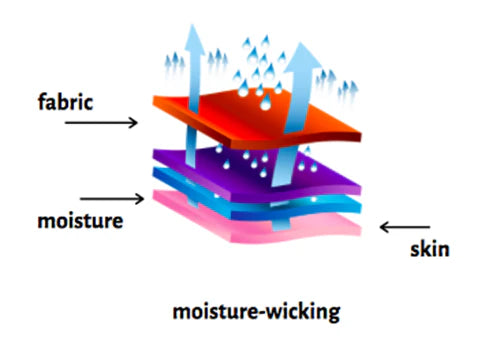When it comes to sustainability, bamboo is often hailed as a wonder material. But is it really as eco-friendly as it's made out to be?
Renewable Resource
One of the key reasons why bamboo is considered sustainable is its rapid growth rate. Unlike traditional hardwood trees that can take decades to mature, bamboo can be harvested in just a few years. This means that bamboo forests can be replenished quickly, making it a renewable resource.
Low Environmental Impact
Another factor that contributes to bamboo's sustainability is its low environmental impact. Bamboo requires minimal water and no pesticides to grow, making it a more eco-friendly option compared to other crops. Additionally, bamboo forests help to absorb carbon dioxide and release oxygen, making them beneficial for the environment.
Versatile Material
Not only is bamboo sustainable in terms of its growth and cultivation, but it is also a highly versatile material. Bamboo can be used to make a wide range of products, from furniture and flooring to clothing and even food. This versatility means that bamboo can replace less sustainable materials in various industries.
Longevity and Durability
One of the key benefits of bamboo is its longevity and durability. Bamboo products are known for their strength and resilience, which means they have a longer lifespan than many other materials. This longevity reduces the need for frequent replacements, further contributing to bamboo's sustainability.
So, is bamboo sustainable? The answer is a resounding yes. With its rapid growth rate, low environmental impact, versatility, and durability, bamboo is a truly sustainable material that can help reduce our impact on the planet. By choosing bamboo products, you can make a positive impact on the environment and support a more sustainable future.




